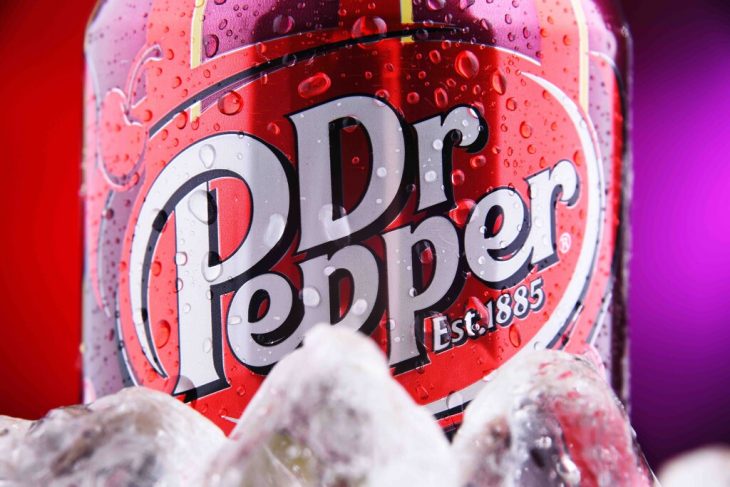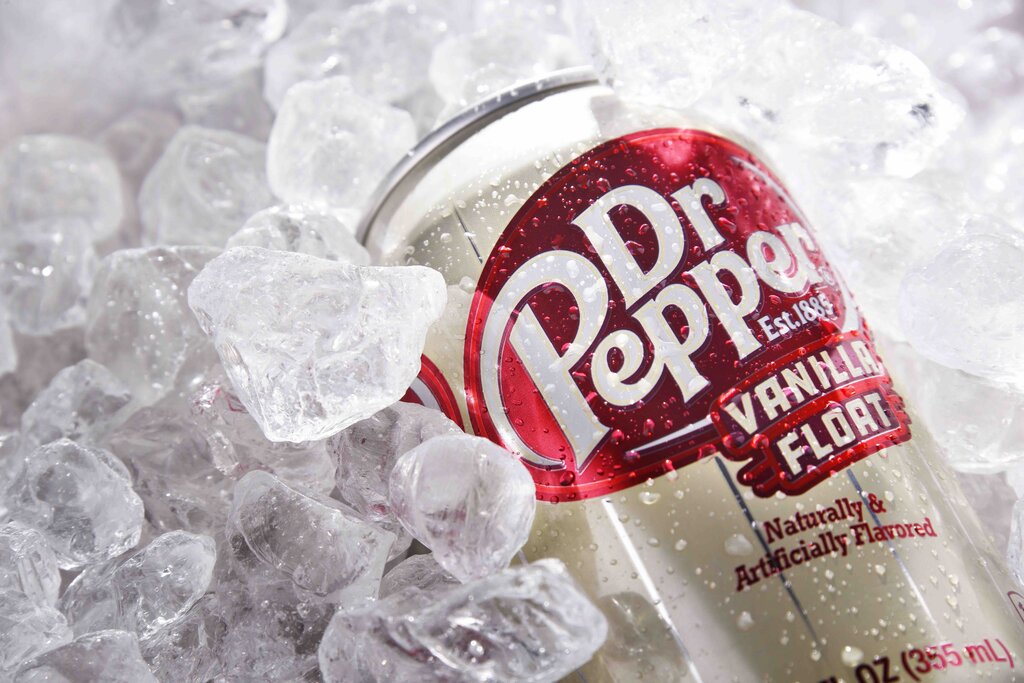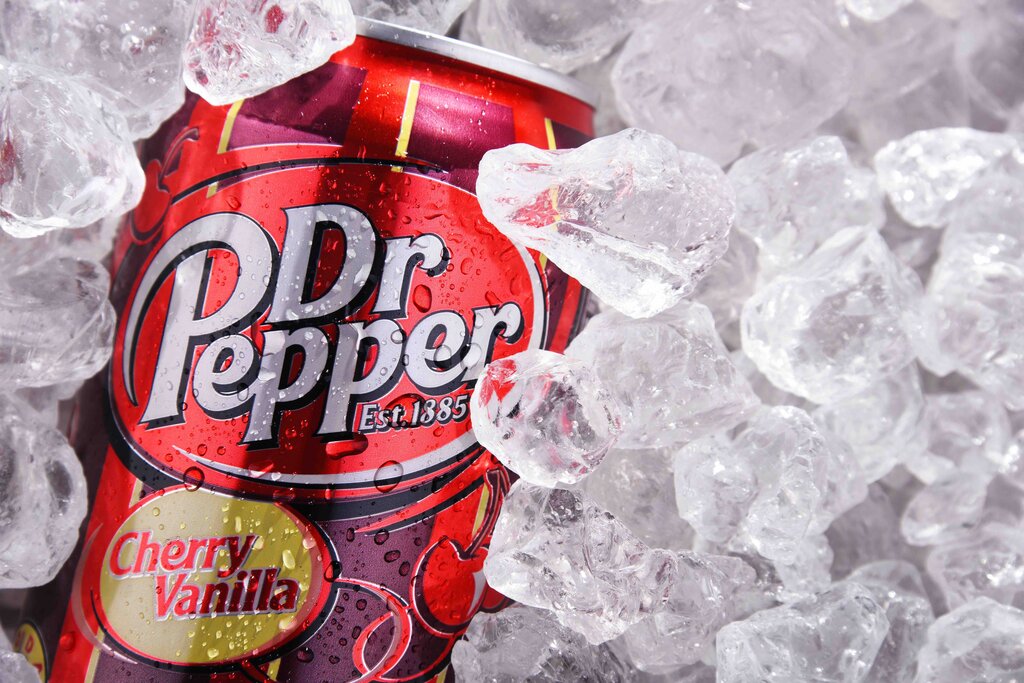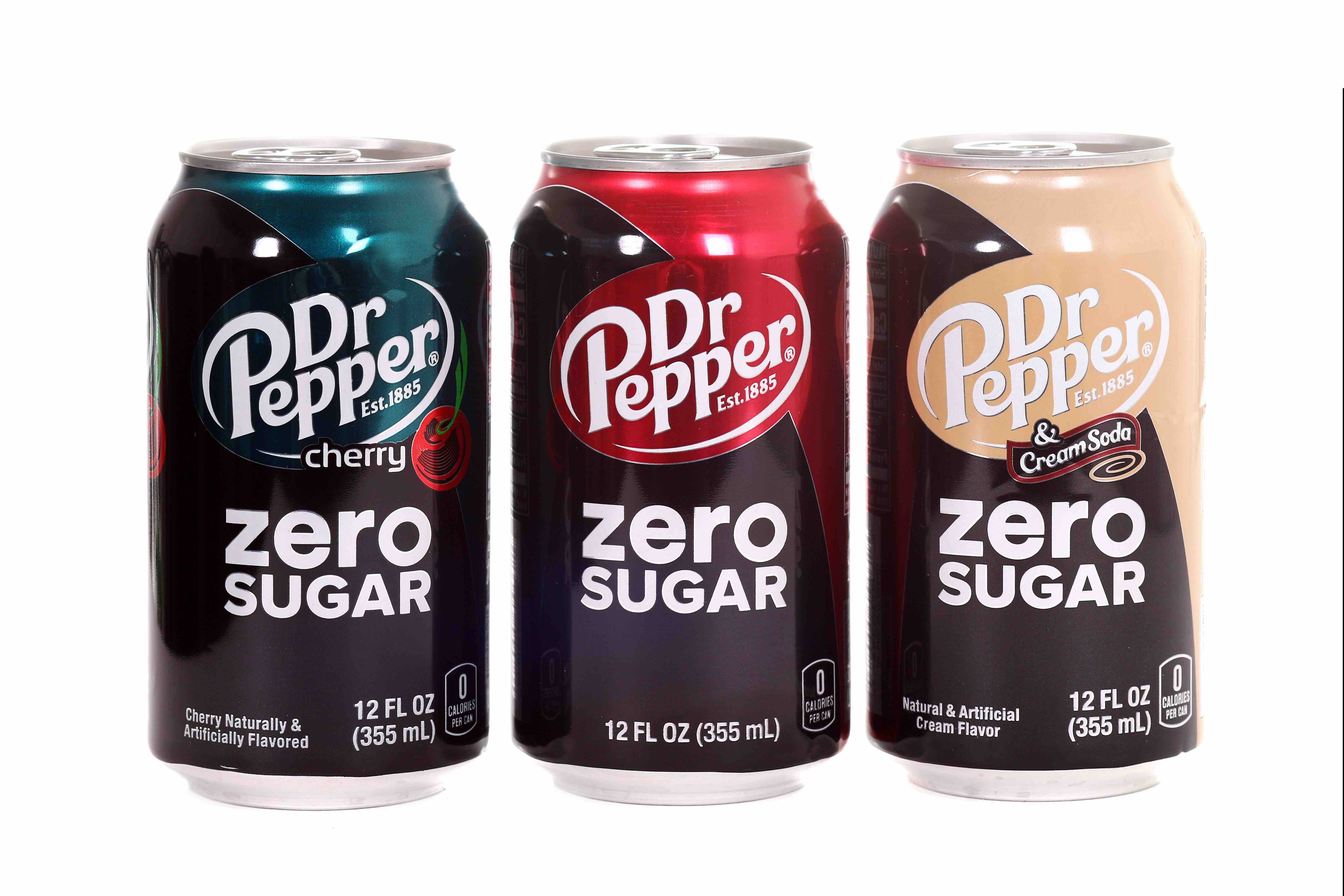
This iconic carbonated beverage has been tantalizing taste buds for decades. But have you ever wondered about the nutritional facts that lie within each fizzy sip? Beyond the flavor, understanding what’s in your soda can make a significant difference to your health and diet choices. In this article, we’ll take a detailed look at 17 Dr. Pepper nutrition facts that will leave you craving both knowledge and a refreshing can of this bubbly delight.
Here, we focus on a standard 12-ounce (355 ml) can of Dr Pepper. So, grab your favorite glass, and let’s fizz our way through the facts!
Caloric Content
A 12-ounce can of Dr. Pepper contains about 150 calories, all of which come from carbohydrates.
Carbohydrate Content
Dr. Pepper contains 48 grams of carbohydrates per can, all in the form of added sugars. That said, carbs provide energy, so when you need a little boost, a sip of Dr. Pepper can be just what you need.
Sugar Content
The aforementioned 40 grams of carbohydrates are all sugars, which means Dr. Pepper has a high sugar content. Drinking a can of Dr.Pepper can easily hit your daily sugar ceiling much quicker than expected.

No Fat
The good news is that Dr. Pepper is fat-free. So, if you’re looking for a refreshing beverage option without the guilt of added fats, Dr. Pepper can quench your thirst.
No Protein
Dr. Pepper does not contain any protein. If you’re looking to meet your protein goals, you’ll have to look to other food sources.
Sodium Content
Surprisingly, Dr. Pepper contains a small amount of sodium, around 37 milligrams per serving. While it’s not significant, if you are watching your sodium intake, you should be aware of this content.
Contains Caffeine
Dr. Pepper packs a caffeinated punch, with approximately 37 milligrams of caffeine per 12-ounce serving, which is roughly the same amount as a 12 oz. cup of coffee. It can give you a gentle pick-me-up when you need that extra burst of energy.
No Fiber
Dr.Pepper does not contain any dietary fiber either.

No Cholesterol
Dr. Pepper is also cholesterol-free. This is great news for those with risks of heart disease.
No Essential Vitamins or Minerals
Dr. Pepper does not provide significant amounts of vitamins or minerals.
High Fructose Corn Syrup
The primary sweetener in Dr. Pepper is high fructose corn syrup, a common sweetener in sodas.
Contains Natural and Artificial Flavors
The unique taste of Dr. Pepper comes from a blend of natural and artificial flavors. Including the aforementioned fructose corn syrup, this fizzy drink also mixes in caramel coloring, phosphoric acid, and sodium benzoate.
Diet Dr. Pepper
Just like Coca-Cola, Dr. Pepper offers a healthier option. Diet Dr.Pepper has zero calories, zero sugar, and the same unique 23 flavors.
Dr. Pepper Zero Sugar
If there is Coke Zero, then surely, there must also be a Dr. Pepper Zero Sugar. Another no-sugar option, this drink delivers the same original taste as Dr. Pepper, without the calories or sugar.
The only difference between the zero and the diet option is the sweetening agent. Diet Dr. Pepper is sweetened with aspartame while Dr. Pepper Zero Sugar is sweetened using a combination of aspartame and acesulfame potassium for a more syrupy, authentic taste.

Contains Carbonated Water
The primary ingredient in Dr. Pepper is carbonated water, which gives the beverage its fizz.
Not a Significant Source of Nutrients
Dr. Pepper, like most sodas, is not a significant source of any essential nutrients.
Other Variants
Dr. Pepper comes in several variants, including Cherry and Cream Soda, each with its own nutritional profile.
Final Word
Now that you’re armed with these 19 Dr Pepper nutrition facts, it’s clear that while this fizzy drink can be an enjoyable treat, it’s high in sugar and doesn’t contribute significantly to your daily nutrient needs. As with all sugary beverages, moderation is key. It’s also worth considering the diet or zero-sugar options if you’re watching your sugar intake.
Was this page helpful?
Our commitment to delivering trustworthy and engaging content is at the heart of what we do. Each fact on our site is contributed by real users like you, bringing a wealth of diverse insights and information. To ensure the highest standards of accuracy and reliability, our dedicated editors meticulously review each submission. This process guarantees that the facts we share are not only fascinating but also credible. Trust in our commitment to quality and authenticity as you explore and learn with us.
